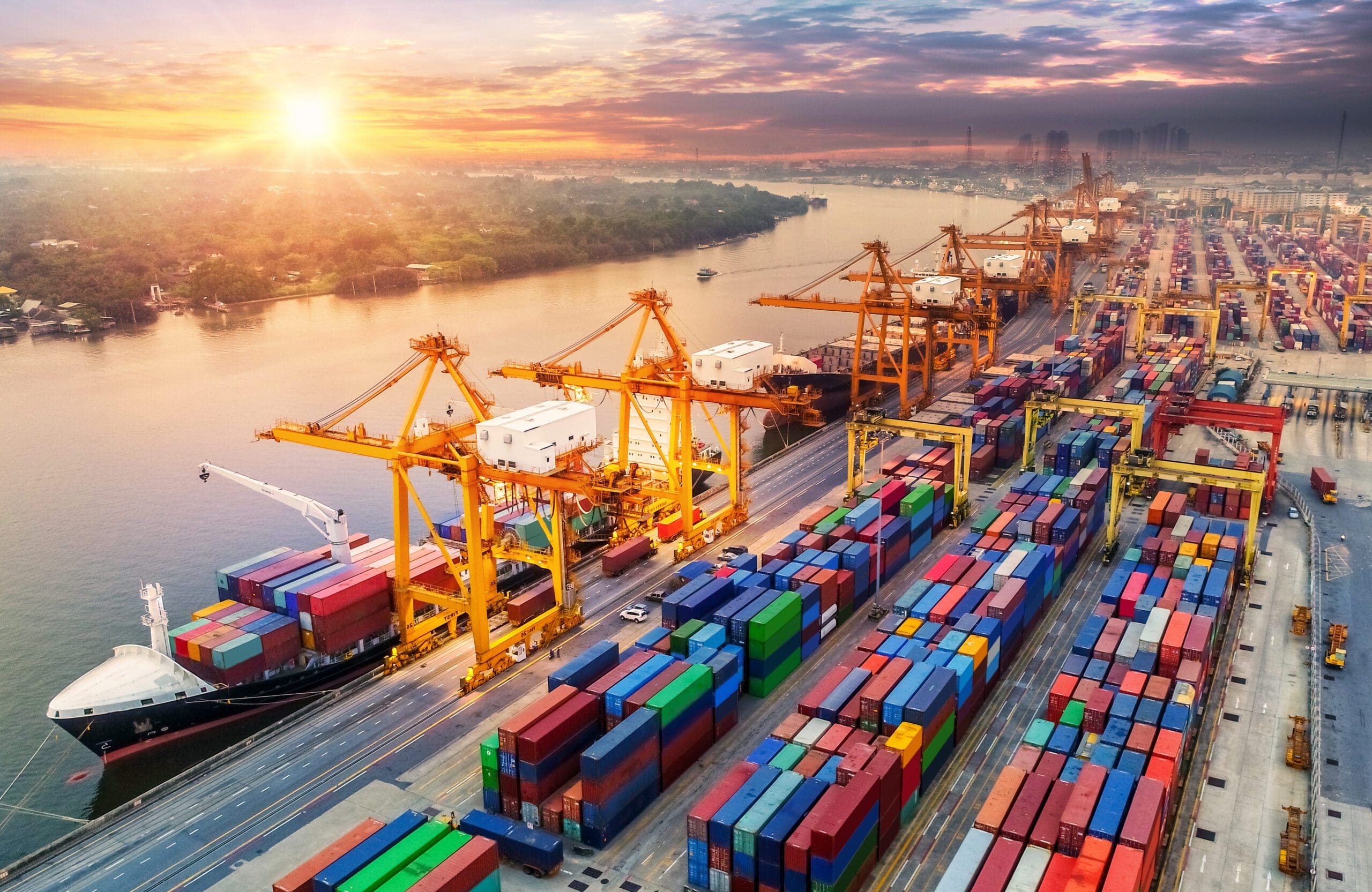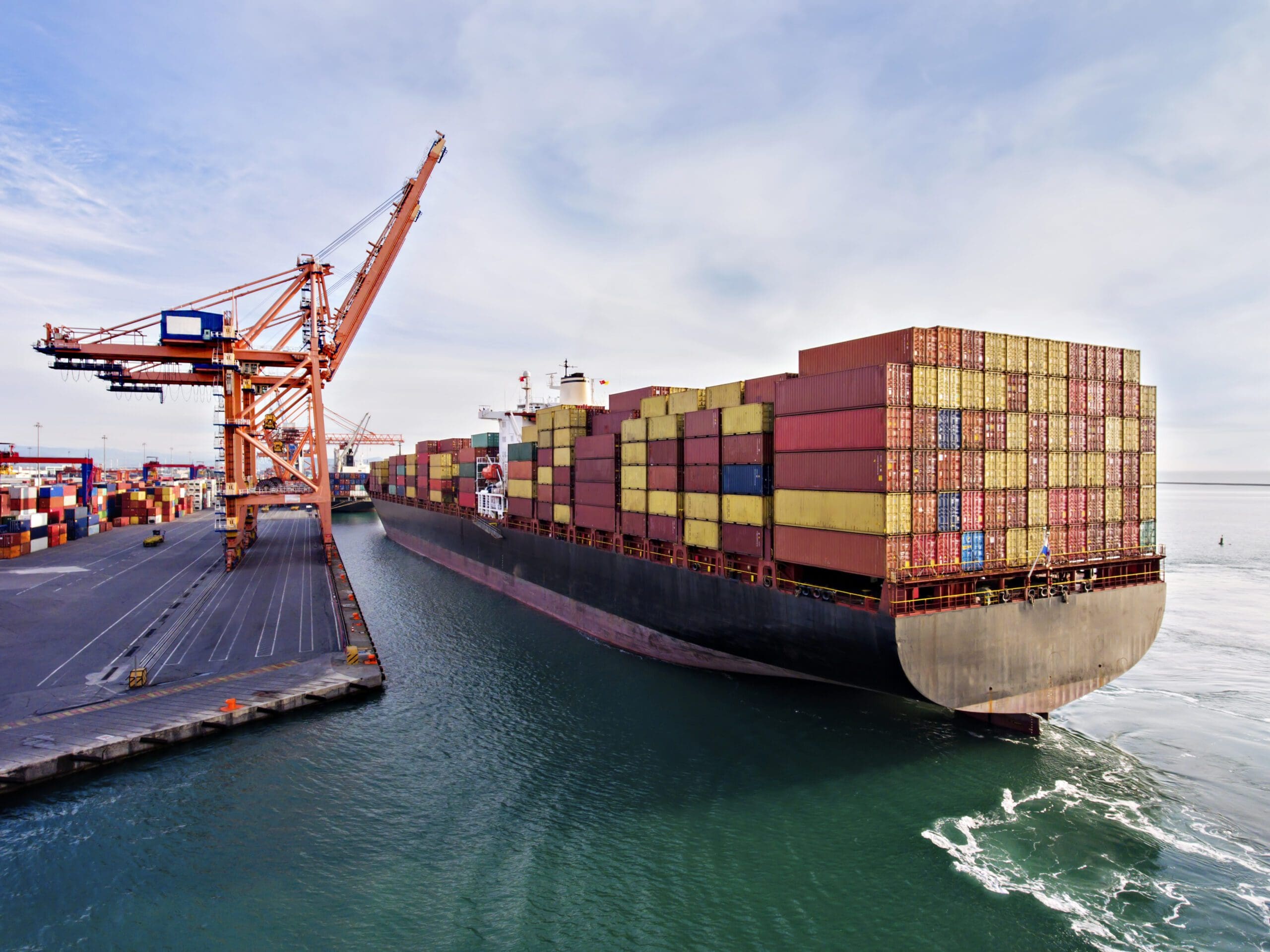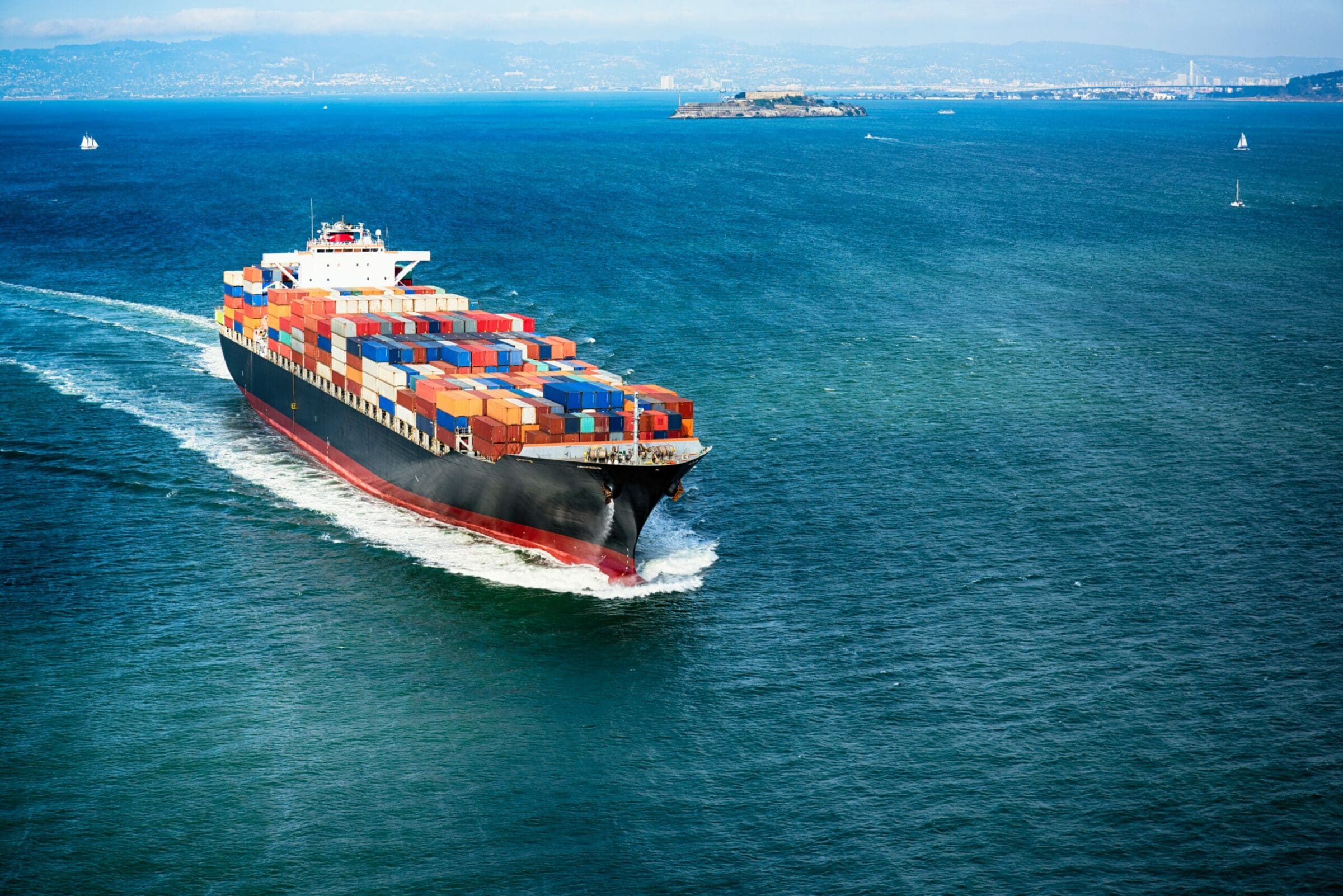Whether you’re a wholesaler, distributor, or importer, you need multiple sources of funding to be able to remain competitive in today’s crowded marketplace. In most cases, having a surplus in cash means being able to meet short-term obligations and pay recurring expenses without the need to take out a loan. However, it’s not that common for small businesses to have a cash surplus especially if they’re just starting out.
In fact, according to the 2019 QuickBooks State of Small Business Cash Flow Survey, about 61% of businesses suffer from cash flow issues. To stay afloat, most small to medium-sized businesses rely on various types of financing products to help manage their cash flow more effectively. It’s no secret that positive cash flow is the lifeblood of businesses. As a business owner, you need to be able to fund your recurring expenses while also having enough left to pay your vendors and suppliers.
The good news is that there are a lot of financing options out there available to businesses. One such option is trade finance.
What is trade finance?
Trade finance includes a wide range of financial products that cater to international trade transactions. In essence, trade financing is designed to provide importers and exporters with cash advances aimed at lessening the impact of supply chain processes on a business’ operating expenses. It is facilitated by a third-party financing institution that mitigates the trading risks for both parties involved. Check out the next section for a more in-depth explanation of how trade financing works.
How does trade financing work?
For a trade finance arrangement to work, there needs to be an agreement between three main parties: the importer, the lender, and the exporter. In this type of financial product, the lender funds the operation to make sure that the importer and the exporter encounter minimal risk when trading. For importers, a sales agreement must be accepted by all parties in order for funds to be made available and for the exchange of goods to proceed.
While that sounds like an oversimplification of a trade financing process, it really depends on the specific terms agreed upon by the importer, the lender, and the exporter. For instance, there are trade financing lenders that also cover logistical expenses such as tariffs, customs duty, as well as freight costs. In some cases, lenders may even cover up to 100% of the funding needed by businesses to purchase goods from their suppliers.
How to choose a trade financing partner?
When running a business, it’s imperative for you to choose reputable and trustworthy partners that you can rely on. The same goes when choosing a trade financing partner. If you’re seriously considering trade financing for your importing business, here are some of the most important factors you should consider when choosing a trade financing partner.
- What’s the application process like? Due to the rise of online lenders, most financing institutions have made it easier for businesses to acquire a loan by streamlining the application process. This means less paperwork and a hassle-free pre-approval process that businesses can use to evaluate loans that they may be able to qualify for.
- Do they have great customer service? When choosing a trade financing partner, it’s important to ensure that they have qualified people that can assist you and answer your questions during difficult times.
- Do they have favorable interest rates and payment terms? One of the most important things to consider when choosing a lender is their interest rates. Do they offer competitive interest rates? Are they flexible when it comes to their payment terms? Remember, pricing should be upfront, clear, and void of any confusing language. After all, you don’t want to feel overwhelmed when making one of the biggest decisions for your business, right?
- Don’t forget to shop around! Depending on the financial institution, trade financing can have a wide range of cost structures and payment terms. When it comes to choosing a trade financing partner, it pays to shop around and talk to at least a handful of lenders. This allows you to compare multiple lenders and see which financial institution would be able to meet your current needs.
Why is trade finance important?
Trade finance is an essential tool that businesses use to facilitate global trade. It is also known to mitigate the risks involved in international trade such as legal barriers, tariffs, duties, transportation costs, as well as exchange rate costs. However, trade finance is more than just a financing option for importers and exporters. Most importantly, it gives small to medium-sized businesses the chance to access financial services that are otherwise unavailable to them. Trade finance also gives them a risk mitigation strategy that is essential for businesses to grow and expand.
What are the pros and cons of trade financing?
Pros:
- Reduces payment risk
- Improves cash flow
- Enables businesses to take advantage of bulk discounts
- Streamlines the supply chain process
- Mitigates the risks associated with international trade
Cons:
- It may be difficult to acquire for newer businesses
- Penalties can be hefty if payments are not made on time
What are the different types of international trade finance?
There are several different types of international trade financing products that can help facilitate the exchanging of goods and services globally. Trade finance also supports various types of transactions from pre-shipment to post-shipment. It’s now up to you, the business owner, to determine which type of trade financing product suits your business best.
Bank Guarantee – Bank guarantees often work as a risk management tool that covers payments in case a transaction does not go as planned. Typically, a bank guarantee involves a lending institution acting as the guarantor between an exporter and an importer. It essentially serves as a safety net for a buyer or a seller in case one party fails to fulfill their end of the bargain.
Letter of Credit – Similar to a bank guarantee, a letter of credit serves as an assurance of complete and timely payment to a certain party. This type of trade financing product is considered to be one of the most important aspects of international trade as it protects both parties from the multiple risks involved in international trade.
Factoring – When it comes to business financing, factoring is a common financial practice used in international trade. Factoring is when a company sells its accounts receivable (or invoices) to a third-party financial institution (also known as a factor) at a discounted rate. The great thing about factoring is that it’s easier to acquire as financial institutions focus more on the creditworthiness of the party being invoiced rather than the company that sold its receivables.
Purchase Order (PO) Financing – Purchase order finance, also known as PO finance, is a financial product that enables businesses to receive a cash advance for ordered goods. Not to be confused with invoice factoring, PO financing is available to businesses even before a transaction takes place. In a PO financing arrangement, lenders help protect both the buyer and the supplier by ensuring that an order is fulfilled. However, one important thing to keep in mind is that PO financing is not a form of working capital. It is a common misconception that PO financing provides businesses with a loan that they can use however they want. In reality, PO financing is an advance directly paid to a business’ supplier to ensure the delivery of goods.
Supply Chain Financing – Supply chain financing, sometimes referred to as supplier finance or reverse factoring, is a funding solution that involves a third-party financing company serving as a middleman between a supplier and a business. This type of financial arrangement enables businesses to take advantage of more favorable payment terms and mitigate potential risks that may result in cash flow issues. Suppliers also benefit from supply chain financing as it allows them to receive payments ahead of time.
Are there alternatives to trade financing?
What if we told you that there is another financing option that you can avail of for your short-term capital needs? Kickfurther is a great alternative financing option that enables companies to raise the necessary working capital for inventory purchases. We’re the world’s first online inventory financing platform that connects brands to a community of eager buyers who help fund a business’ inventory on consignment. This alleviates the cash-flow pinch that lenders can cause without customized repayment schedules, allowing your brand to scale quickly without impeding your ability to maintain inventory or financial flexibility. Here’s how it works:
- Kickfurther pays your manufacturer in advance to produce inventory.
- Once sales periods have been established, businesses will only pay back what they owe only after they start selling their inventory.
- At the end of each sales period, businesses are required to submit sales reports to Kickfurther.
- Businesses only pay for what they have sold during a specific sales period.
How can Kickfruther help your business?
In a nutshell, Kickfurther offers a hassle-free way for businesses to raise money for their inventory needs. Instead of going to the traditional financial institutions like banks or credit unions, businesses can tap into the Kickfurther community to fund inventory purchases. When inventory gets sold, businesses pay back their supporters, not the bank. For more information about Kickfurther, visit www.kickfurther.com.
Final Thoughts
Without trade financing, companies that deal with international trade transactions may find it difficult to manage their cash flow effectively. Having options like bank guarantees or purchase order financing not only helps companies accelerate payments but also mitigates the myriad of risks involved in international trade.









